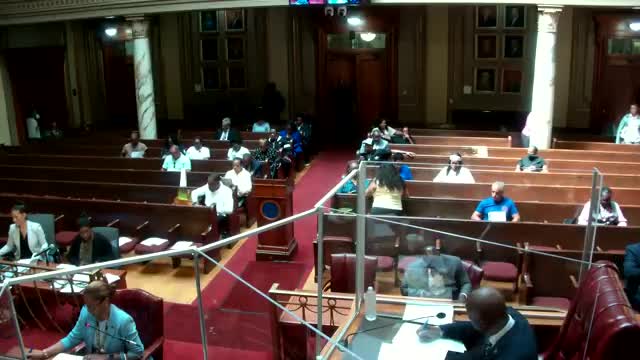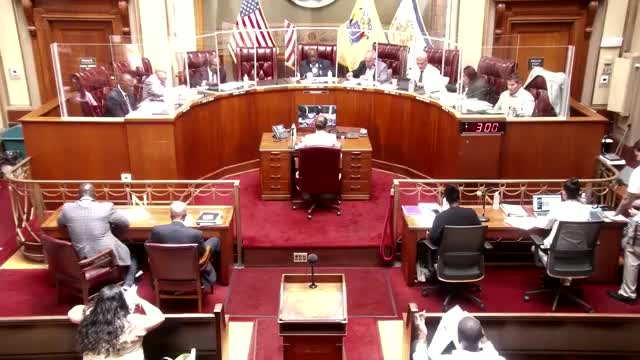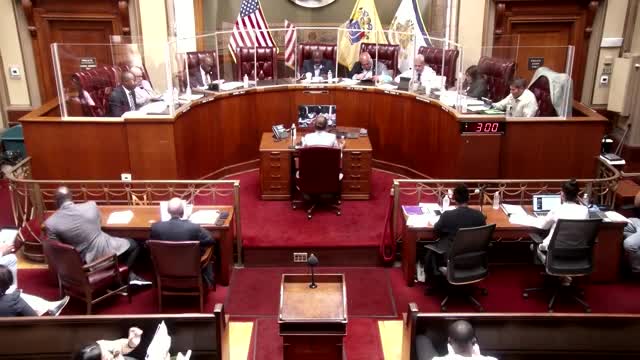Article not found
This article is no longer available. But don't worry—we've gathered other articles that discuss the same topic.

Council delays budget review after members say books not delivered; public demands forensic audit amid talk of Riviera shelter and loans

Newark council raises qualified purchasing threshold to $53,000; residents press for oversight

